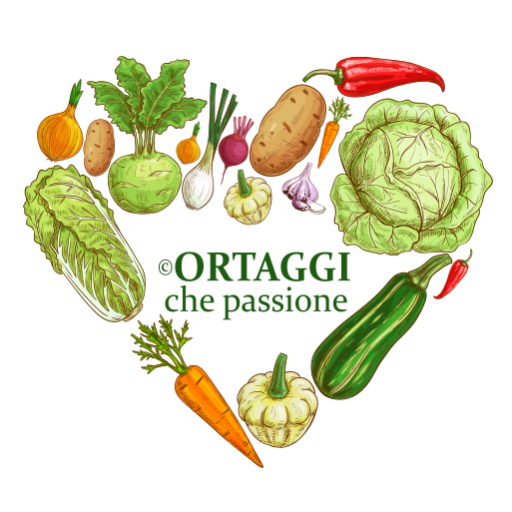Here is a list of recipes to best enjoy Carletti, a field herb mainly found in spring and sometimes sold as a wild vegetable at the greengrocer.
The young leaves of Carletti are edible, and their balloon-shaped flowers can be popped on the back of your hand (or forehead) before they bloom. This fun gesture, which I often practiced as a child and still enjoy today when I find them in the fields in the summer, led to the popular name “schioppetini.”
The Silene vulgaris is known by various names: Arucola, Bubbolini, Cannateddi, Cannatella, Cavoletti, Cavoli delle comare, Cavoli piccoli, Cavolini, Concigli, Consigli, Cornagi, Crepaterra, Cuiet, Cuïn, Erba del cucco, Fritta, Grisol, Grassagnellino, Grisoloni, Livelli, Minuto, Orecchie di lepre, Predicatori, Quaresima, Schioppettini, Sciopeti, Sciopetin, Sciopettini, Sciopit, Sciupet, Sclopet, Sclopit, Sclupit, Scrisoi, Scrisoloni, Scrissioi, Scruset, Scuscet, Sgrisoi, Sgrisoloni, Sgrizoi, Sguzoloni, Silene rigonfia o vulgaris, Slopit, Sonaglini, Spactafrunt, Spazzoli, Spopitini, Stridoli, Strigoli, Stringoli, Strisci, Strivolo, Tagliatelle della Madonna, Tajadee, Trivili, Trivoli, Verzette, Verzini, Verzit, Verzoli, Verzuli, Virzuli.
SEASONALITY of #carletti – from late February to April, in mountain areas even May. They are harvested before flowering. In autumn, they grow back more modestly.
RECIPES with wild herbs
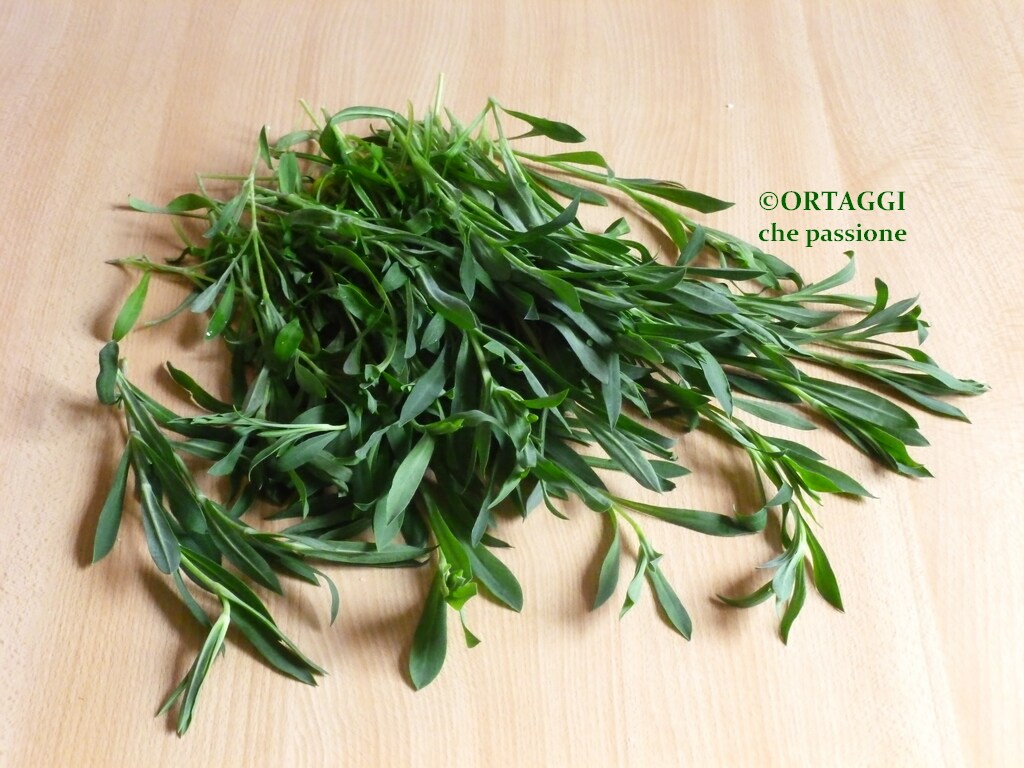
- Difficulty: Easy
- Cost: Medium
- Preparation time: 3 Minutes
- Portions: 3.5 oz
- Cooking methods: Stovetop, Steam, Pressure Cooker
- Cuisine: Wellness
- Seasonality: Spring, Autumn
- Energy 23.00 (Kcal)
- Carbohydrates 3.50 (g) of which sugars 0.50 (g)
- Proteins 1.10 (g)
- Fat 0.60 (g) of which saturated 0.00 (g)of which unsaturated 0.00 (g)
- Fibers 0.00 (g)
- Sodium 0.04 (mg)
Indicative values for a portion of 3 g processed in an automated way starting from the nutritional information available on the CREA* and FoodData Central** databases. It is not food and / or nutritional advice.
* CREATES Food and Nutrition Research Center: https://www.crea.gov.it/alimenti-e-nutrizione https://www.alimentinutrizione.it ** U.S. Department of Agriculture, Agricultural Research Service. FoodData Central, 2019. https://fdc.nal.usda.gov
Steamed Carletti
- 3.5 oz silene, or carletti
- as needed water
under the calories of 3.5 oz of cooked carletti
CLEAN AND PREPARE
Cleaning them is quick, the important thing is to keep only the tender tips and remove the thicker stems.
SIMPLE COOKING (boiling)
Cook in a pot with a splash of water, or steam for about 5 minutes. In a pressure cooker, they cook in a few minutes.
How to Use Carletti?
🍀🍀🍀🍀
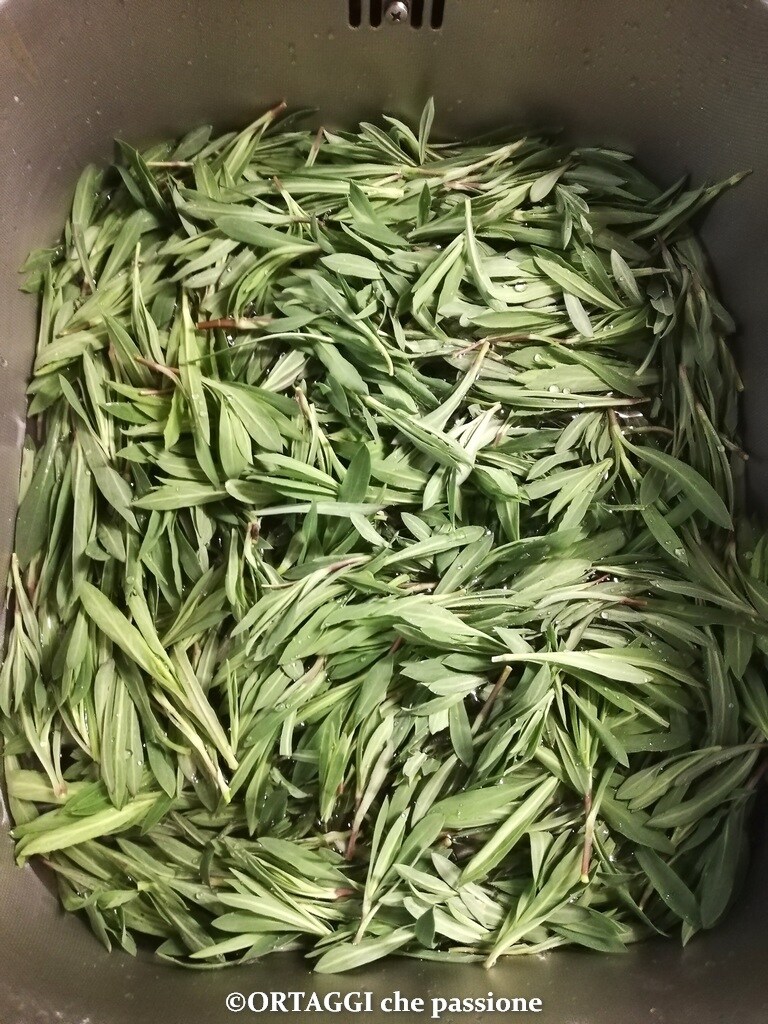
🍀🍀🍀🍀
The carletti pesto is perfect if you have a small quantity of this wild herb in the kitchen.
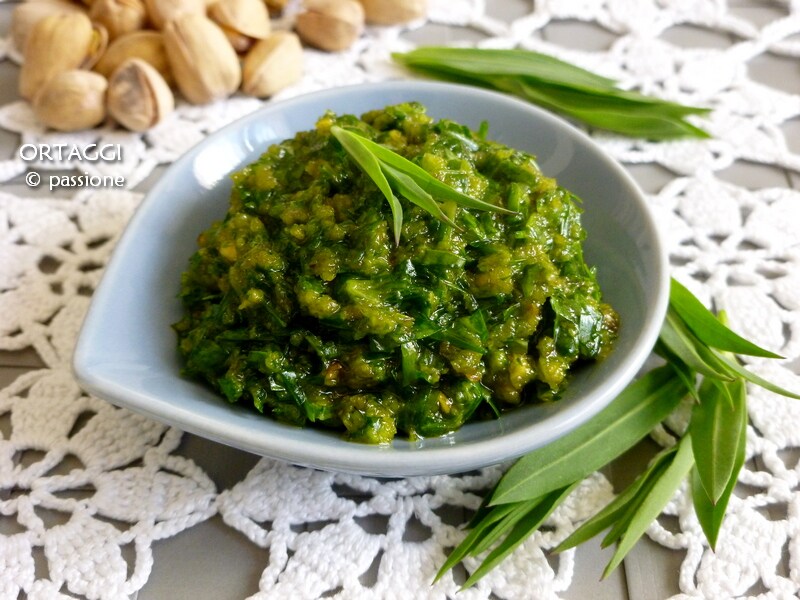
The savory puff pastry sunflower with a vegetable filling is a rustic dish appreciated by everyone.
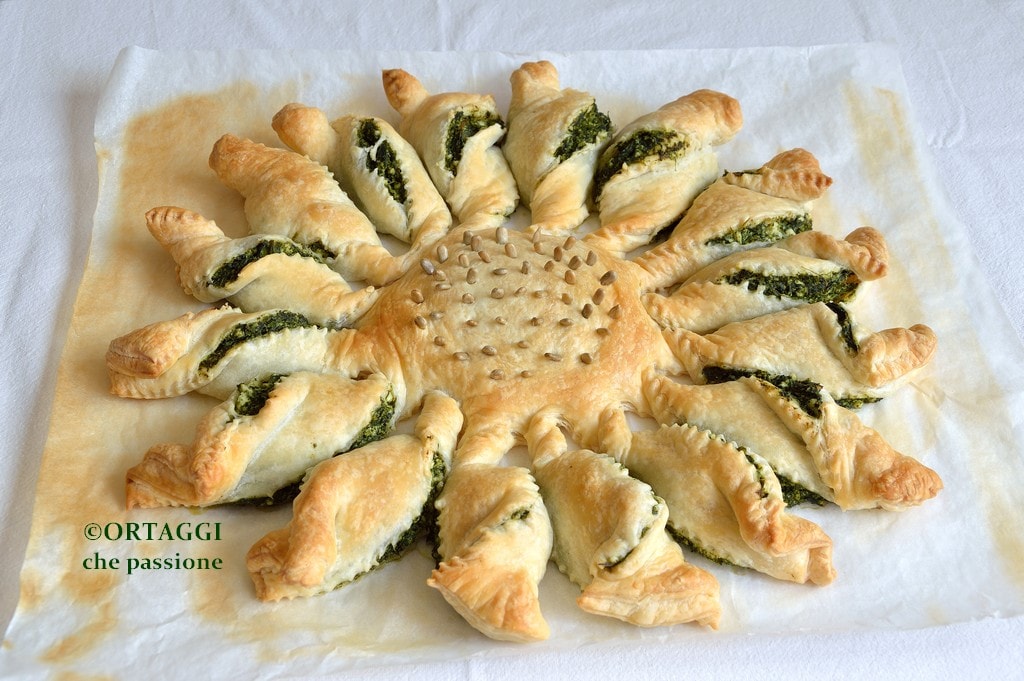
The lasagna with field herbs and mozzarella is a great vegetarian main dish.
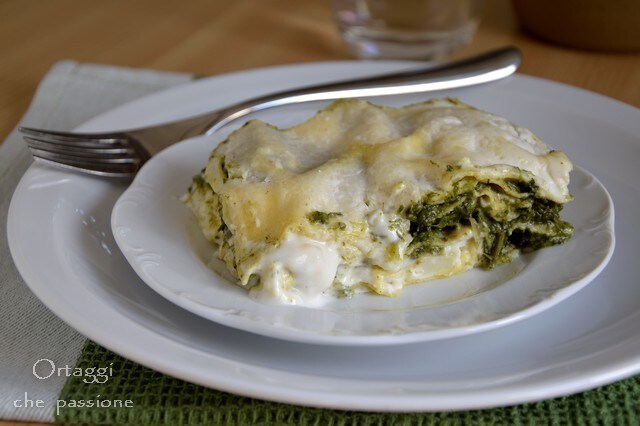
The Stridoli in a pan are a recipe for a quick side dish.
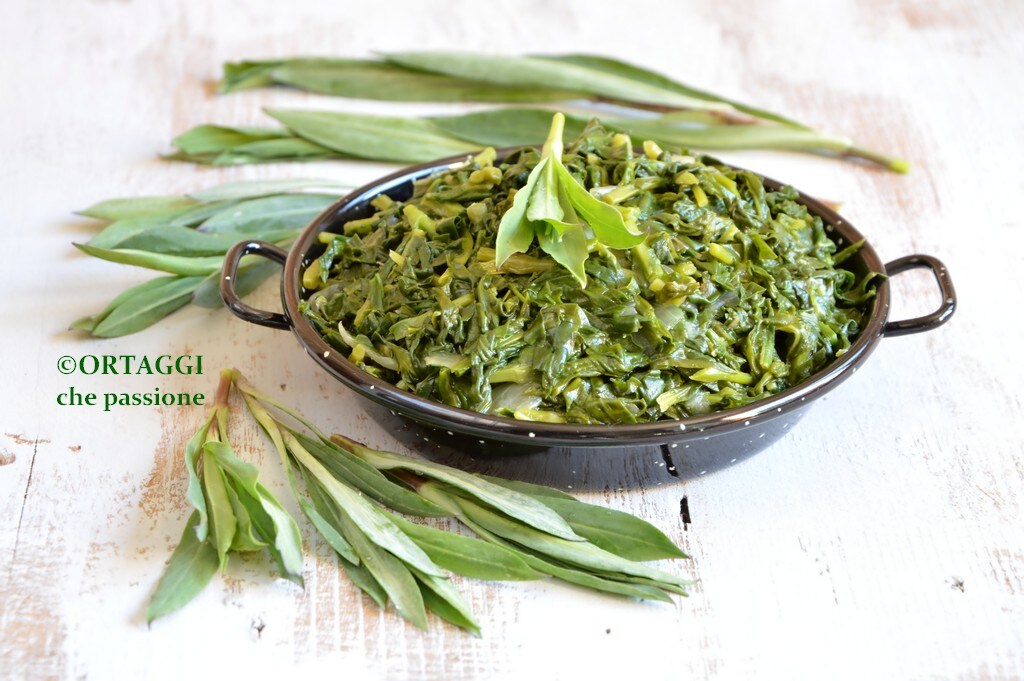
The soufflé with carletti is an excellent vegetarian main course.
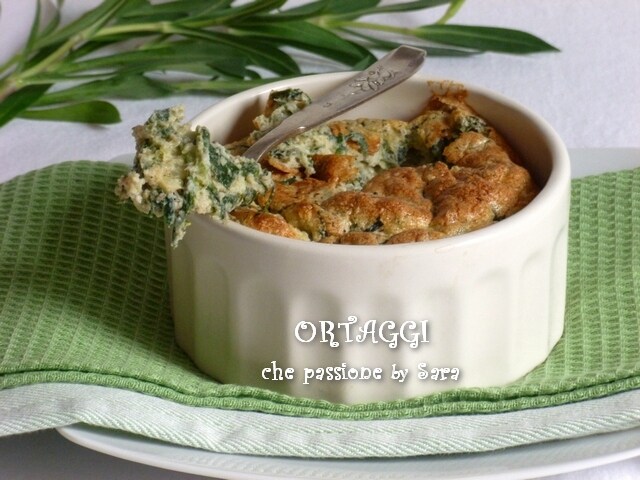
The savory pie with wild herbs is a tasty appetizer or main course with a very simple filling.
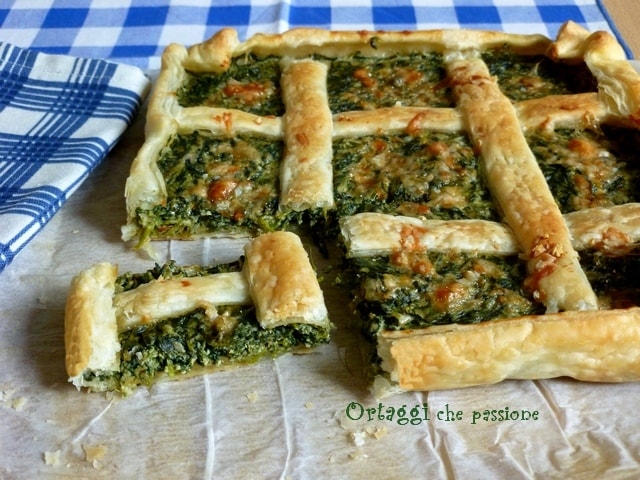
The green farifrittata is a vegan omelette without eggs, made with chickpea flour and can be cooked in the oven or in a pan.
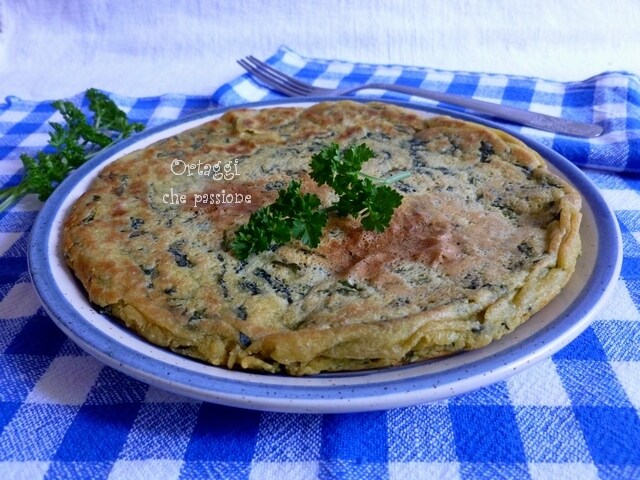
The mini crepes with wild herbs (or spinach) without milk and butter are an easy and light recipe.
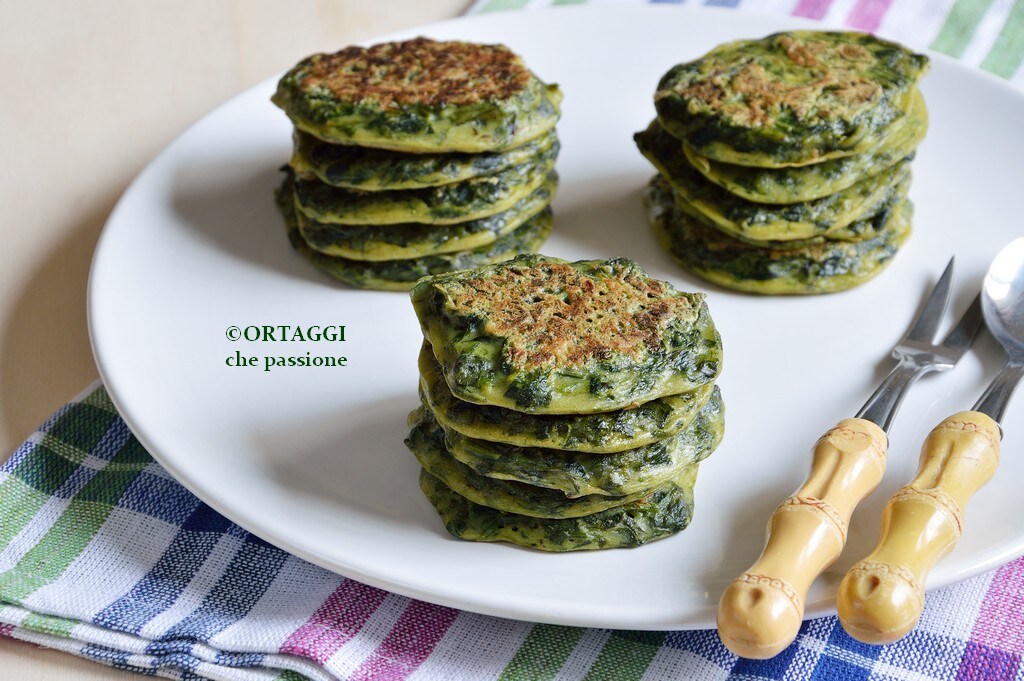
ALSO GREAT in ravioli fillings with ricotta, in risotto, as a sauce for pasta, in omelettes, in meatballs or meatloaf, as a sauce on crostini, in soup with grains and in minestrone.
What Do Carletti Taste Like?
Carletti are sweet, delicate, and slightly crunchy, with a slightly buttery flavor and a mild artichoke aftertaste.
Properties of Carletti
Carletti are a wild herb rich in vitamin C, phenols, and minerals. They have excellent antioxidant, nutritional, emollient, and purifying properties.
Botanical Description
Silene vulgaris is a perennial herb belonging to the Caryophyllaceae family. It has erect stems and lanceolate leaves with small balloon-shaped flowers, usually white with pink veins, that bloom in summer. This plant grows wild in various habitats, including grassy areas, woodland edges, along roads, and in meadows. The young leaves and shoots can be eaten raw in salads or cooked as a vegetable. However, it is important to be sure of the correct identification of the plant before consuming it.

